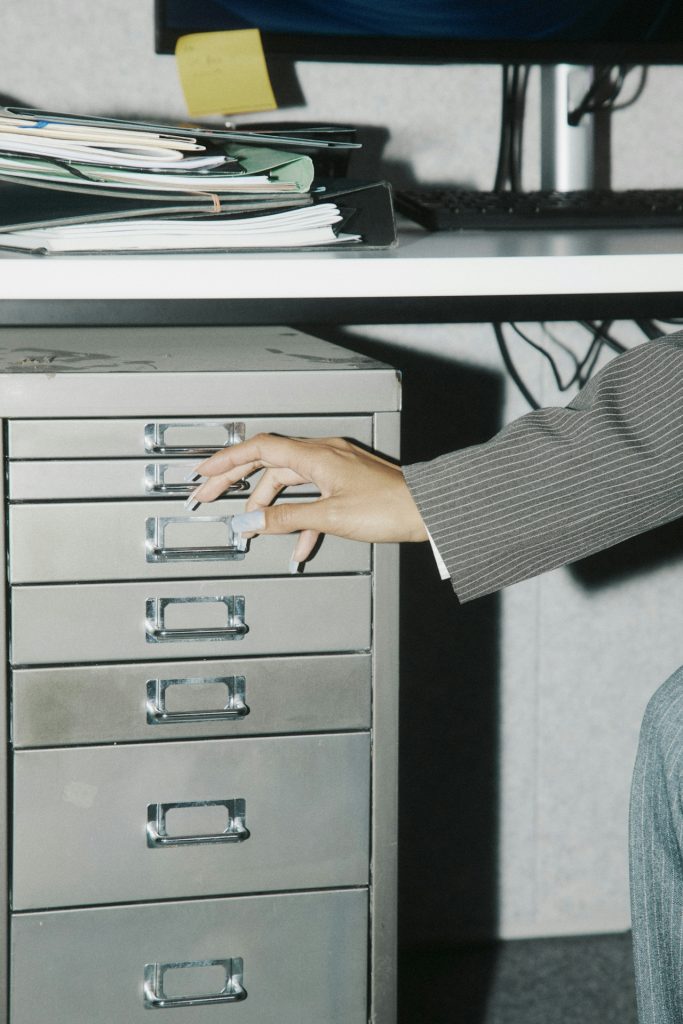Sick note season is upon us.
That you will get the flu is inevitable. It’s how you manage your relationship with sick notes that really matters.
There are essentially two ways about it: You leave the house to get a sick note, therefore spreading germs. Or you find the admin of getting a sick note too big a burden that you go to work, therefore also spreading germs.
Both avenues are suboptimal. But there is a simple solution: Do away with sick notes altogether.
According to the Canadian Medical Association (CMA), the practice of employers requiring ill workers to submit a sick note poses a public health risk.
Makes sense. Here you have a sick person, with the flu, let’s say, touching public door handles all over the place – buses, condos, doctor’s offices – just to get a piece of paper that certifies their grief. It also gives more work to already overworked doctors. And it costs money.
Worse still, many people find the process of getting a sick note so cumbersome that they’d rather just go to work. According to a 2018 IPSOS survey, eight in 10 Canadians would go to work sick if their employer required sick notes for minor illnesses. That means more door handles touched and healthy people directly interacted with.
So, what’s the solution? Blockchain? Honestly, that’s probably part of it.
The CMA has two suggestions for now: 1. Doctors charge the cost of obtaining a sick note directly to employers; 2. paid sick days.
It should be noted here that many Canadians are subject to alarmingly stingy paid sick day policies. In Ontario, for example, employers are only required to provide workers with three days of unpaid sick leave per year.
“We consider work to be a major social determinant of health … and that workplace policy really impacts people’s health,” says University Health Network emergency doctor Dr. Kate Hayman.
She could have just as easily said deterrent.







